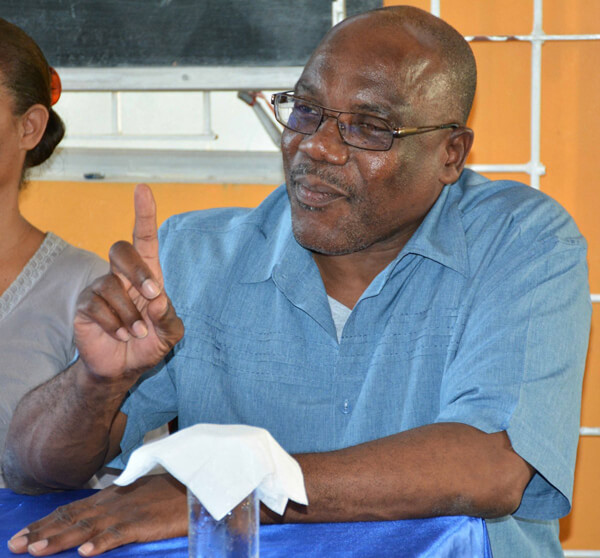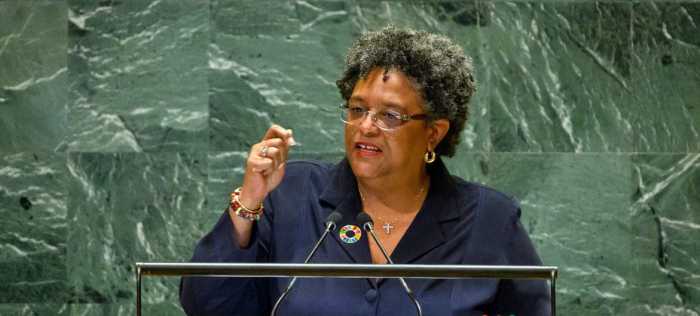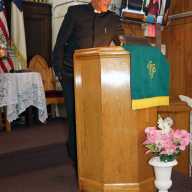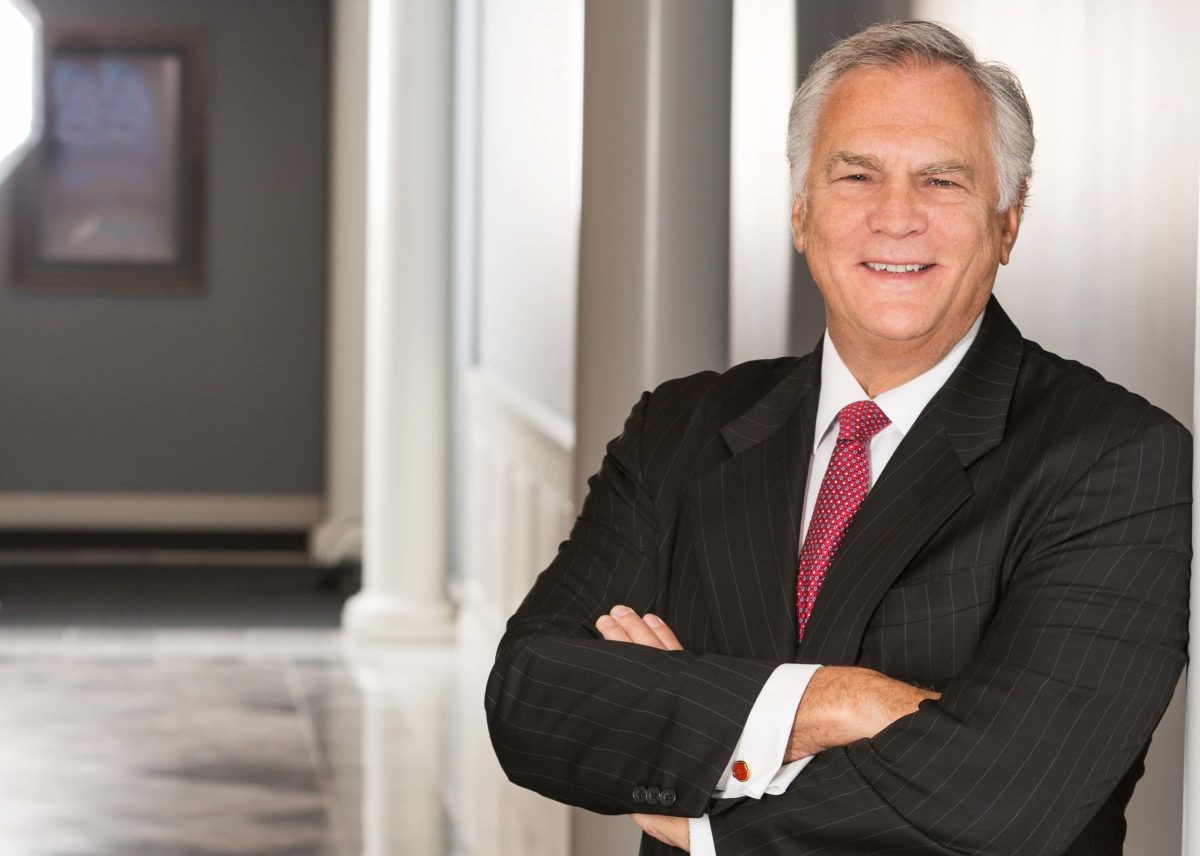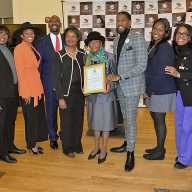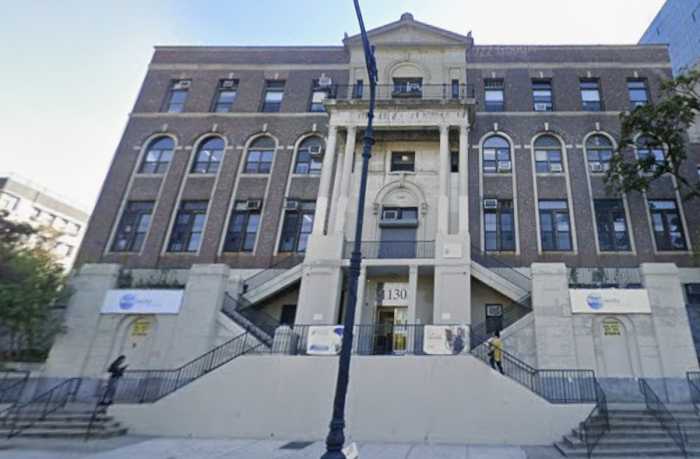A client dragged him before the court in 2014 demanding money, now three years later Speaker of the Parliament of Barbados, Michael Carrington, again finds himself in the Supreme Court accused of withholding someone’s money.
In the 2014 matter, Carrington was found wanting and the court had ordered him to pay to an elderly disabled client almost a quarter of a million Barbados dollars (Bds$1 = 50 cents US) in funds received and withheld for over two years from the sale of a property.
In the uproar that resulted after news broke on the first case, politicians and other Barbadians asked how could the person presiding over the law-making body of the island be involved in such questionable deals.
Now three years later another client has taken the Barbados speaker of Parliament to court alleging that he withheld money for the sale of land, a claim which is similar to the first case.
In the current matter the client, a business entity, also challenged the level of fees charged by Carrington, who as a Queen’s Counsel holds the rank of a senior lawyer.
In his defence on this matter now before the court, Carrington said that he was entitled to all the money.
Back in that December 2014 ruling the judge had said that the speaker must also pay costs to his former client, who had to petition the court contending that Carrington was holding on to the money after receiving it as his lawyer in the sale of property.
At that time the court heard that Carrington had sold a property on behalf of the elderly client but handed over only $44, 194 leaving some $208,900 due for over two years.
Revelations of this in the newspapers caused a furore that eventually led to parliamentarians demanding that Carrington explain his actions because he presides over the highest forum and law-making body of the island.
In requesting that explanation, Parliamentarian Santia Bradshaw, said in parliament, “I believe it would be in the best interest of preserving the integrity of this chamber and the overall government and the confidence of the people of this country, if indeed that opportunity was given to the speaker of this Chamber to address members.”
An attempt to have a vote of no-confidence in Carrington was disallowed.
The issue eventually prompted a walk out by the parliamentary opposition that led to a seven-week boycott.
Following the 2014 case, opposition politicians and social commentators had said that the correct thing for Carrington to do was step down from this high office. But as a member of the government that holds the majority of seats of elected members of parliament, he was allowed to retain that position.
With another court case carrying a similar allegation of misdeed and general elections being a matter of months away, it is left to be seen if Carrington retains this high office should he lose this second court battle.


